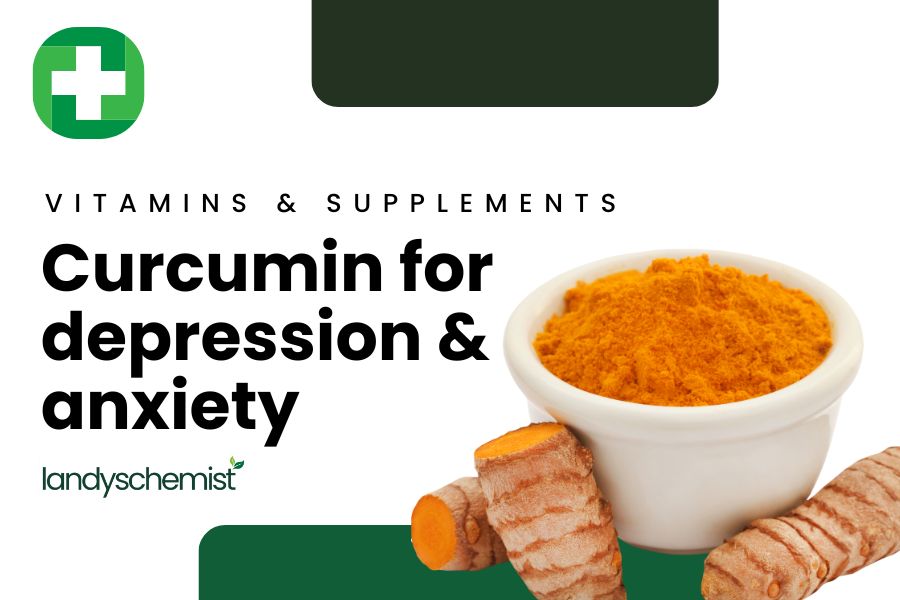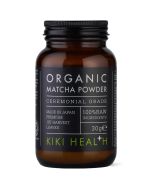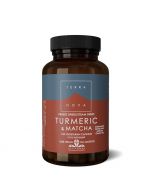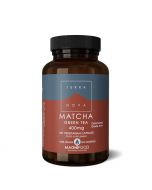
Does Matcha Cause Infertility? Research & Truth
Matcha has gained popularity on social media, particularly TikTok, but recent viral posts have sparked concern - can drinking matcha harm fertility?
If you're trying to conceive or are already pregnant, it's natural to be cautious about what you consume. In this guide, we break down the science behind matcha, where the infertility claims came from, and whether it's truly safe for fertility and pregnancy.
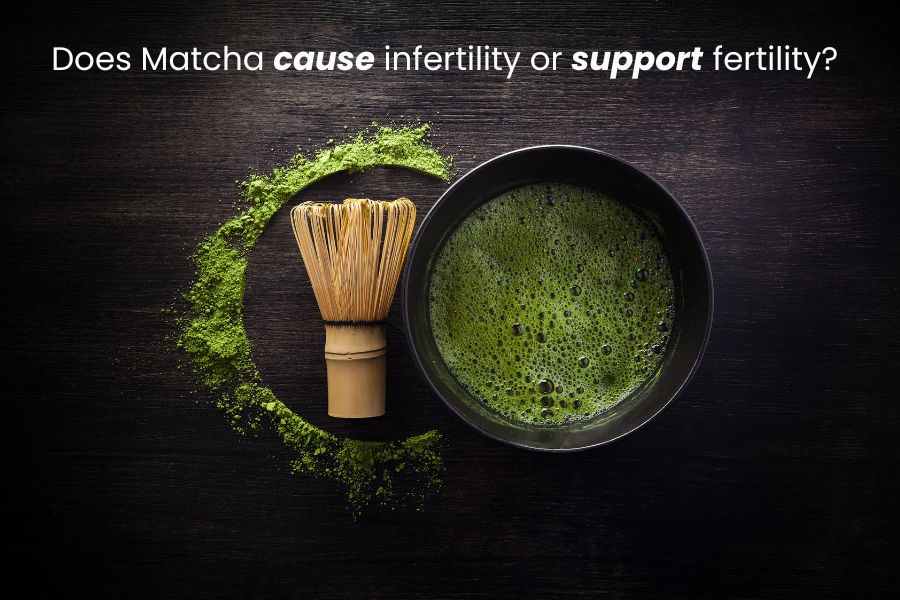
Jump to Section
- What is Matcha?
- Does Matcha Cause Infertility?
- How Matcha May Support Fertility
- Matcha When Trying to Conceive
- Matcha and Hormones
- Consuming Matcha during Pregnancy
What is matcha?
Matcha is a powdered green tea made from specially grown, shade-cultivated Camellia sinensis leaves. It contains natural antioxidants called catechins (especially EGCG), as well as moderate levels of caffeine, typically 30–70mg per cup depending on how it's prepared.
People often drink matcha for its gentle energy boost, mental clarity, and anti-inflammatory properties.
Does Matcha Cause Infertility?
No - there is currently no scientific evidence that matcha causes infertility.
Concerns likely stem from its caffeine content and assumptions about hormone disruption. However, these links are not backed by clinical research.
In fact, moderate matcha consumption (1–2 cups per day) may offer antioxidant support that may benefit reproductive health.
Can Matcha Support Fertility?
Yes, in moderation, matcha may offer fertility-supportive effects, particularly through its antioxidant content.
How matcha may help fertility:
- Protects sperm and egg cells: EGCG, the main catechin in matcha, can reduce oxidative stress and DNA damage in reproductive cells
- Improves sperm motility and viability: A 2018 review in Antioxidants found green tea polyphenols may support male fertility by enhancing sperm function
- Reduces inflammation: Chronic inflammation in the reproductive tract is linked to
- infertility; matcha's anti-inflammatory properties may help to reduce these effects
- Supports hormonal balance: Antioxidants may help regulate hormone levels by reducing oxidative and cellular stress
Is Matcha Safe When Trying to Conceive?
Yes, matcha is safe to drink only in moderation when trying to get pregnant, as long as your total daily caffeine intake stays within the recommended limits. The NHS advises that excessive caffeine consumption before and during pregnancy has been linked to infertility, miscarriage, and low birth weight. Therefore, it's recommended to limit caffeine intake to 200mg per day.
How much caffeine is in matcha?
A standard cup of matcha contains around 30–70mg of caffeine, depending on how strong it's made. For comparison:
- A regular coffee: 95–120mg
- NHS and ACOG guidance: Keep caffeine below 200mg per day when trying to conceive or during pregnancy
Drinking 1 cup of matcha per day is well within this limit.
Does matcha affect hormones?
There is no clinical evidence that moderate matcha consumption disrupts hormone levels or ovulation in women or men. On the contrary, its antioxidant properties may help support endocrine function.
Can you have matcha when pregnant?
Yes, matcha can be safely consumed in pregnancy when taken in moderation. Thanks to its lower caffeine content compared to coffee and its antioxidant-rich profile, it may even be a gentler alternative for those seeking sustained energy without overstimulation.
If you're pregnant:
- Stay under the 200mg caffeine limit per day
- Choose certified organic, ceremonial-grade matcha
- Avoid concentrated green tea extracts unless advised by your midwife, GP or specialist
Final Verdict: Matcha Does Not Cause Infertility
There is no evidence that matcha negatively affects fertility. On the contrary, it may support reproductive health thanks to its antioxidant and anti-inflammatory properties. As long as you're mindful of caffeine intake, matcha is considered safe when trying to conceive and during pregnancy.
Things to Consider Before Drinking Matcha for Fertility
- Choose organic, high-quality matcha free from additives
- Stick to 1–2 cups per day to keep caffeine levels safe
- Monitor your total daily caffeine intake from all sources
- Speak with a healthcare provider if you have pre-existing health conditions
Sources:
- https://pmc.ncbi.nlm.nih.gov/articles/PMC7796401/
- https://pmc.ncbi.nlm.nih.gov/articles/PMC8156288/
- https://pubmed.ncbi.nlm.nih.gov/28056735/
- https://www.sciencedirect.com/science/article/pii/S266703132500003X
- https://www.ijnrd.org/papers/IJNRD2308343.pdf
- https://pubmed.ncbi.nlm.nih.gov/32427532/
- https://www.mdpi.com/2072-6643/10/7/834
- https://pmc.ncbi.nlm.nih.gov/articles/PMC8124874/
- https://www.nature.com/articles/s41598-024-82175-3
- https://www.leedsth.nhs.uk/patients/resources/planning-for-pregnancy
- https://www.acog.org/clinical/clinical-guidance/committee-opinion/articles/2010/08/moderate-caffeine-consumption-during-pregnancy
This article is for informational purposes only and is not a substitute for medical advice. Consult your doctor or healthcare provider before starting any supplements, treatments, or remedies. Ensure a varied and balanced diet and a healthy lifestyle before considering supplements. Supplements should not replace a balanced diet.

